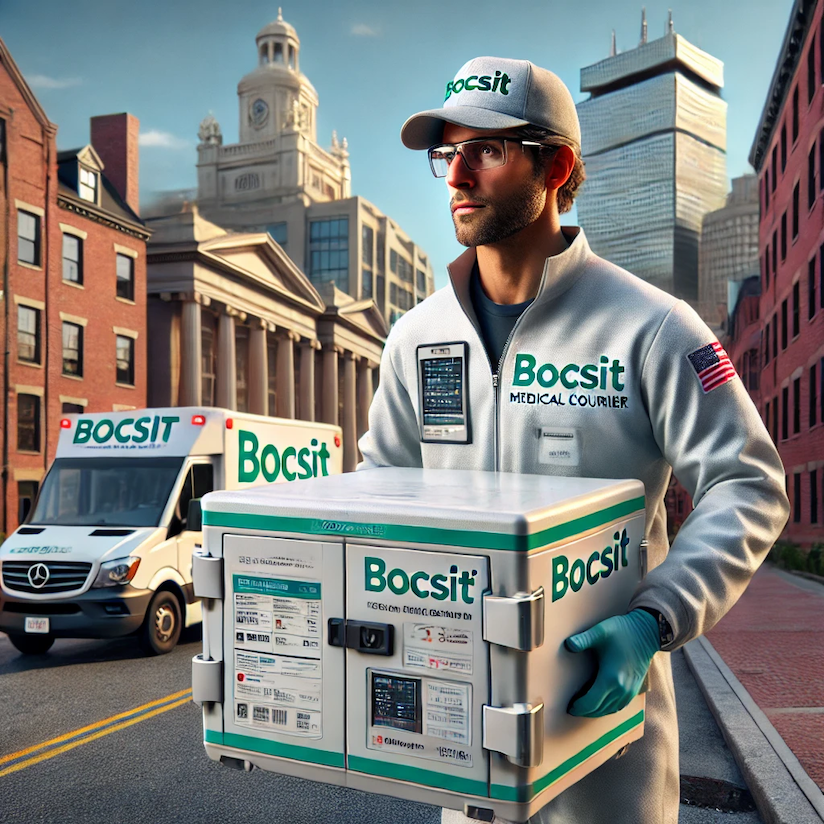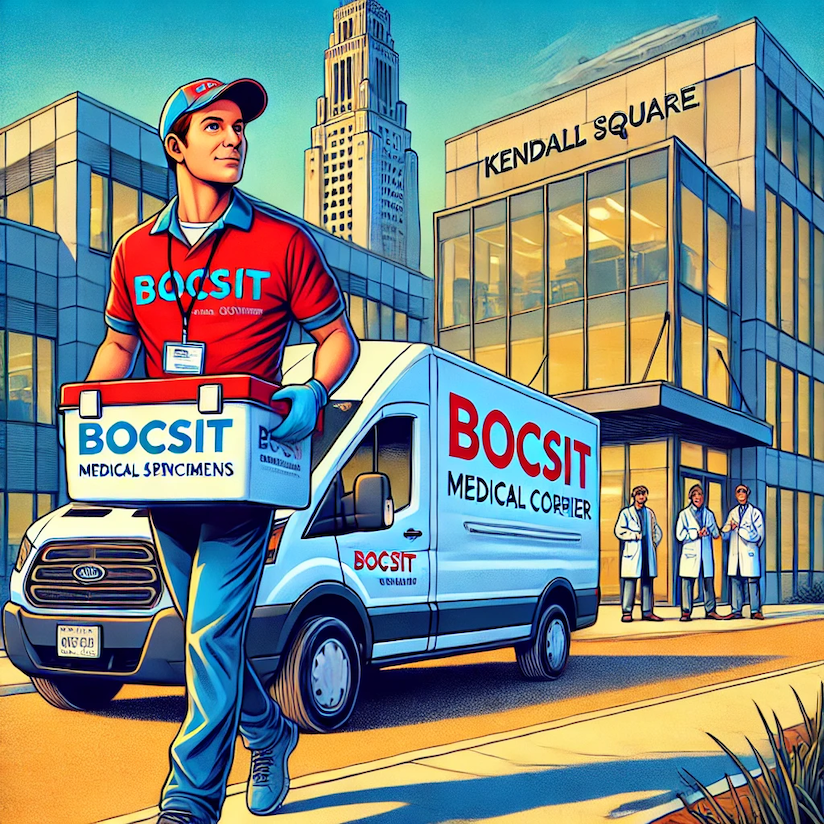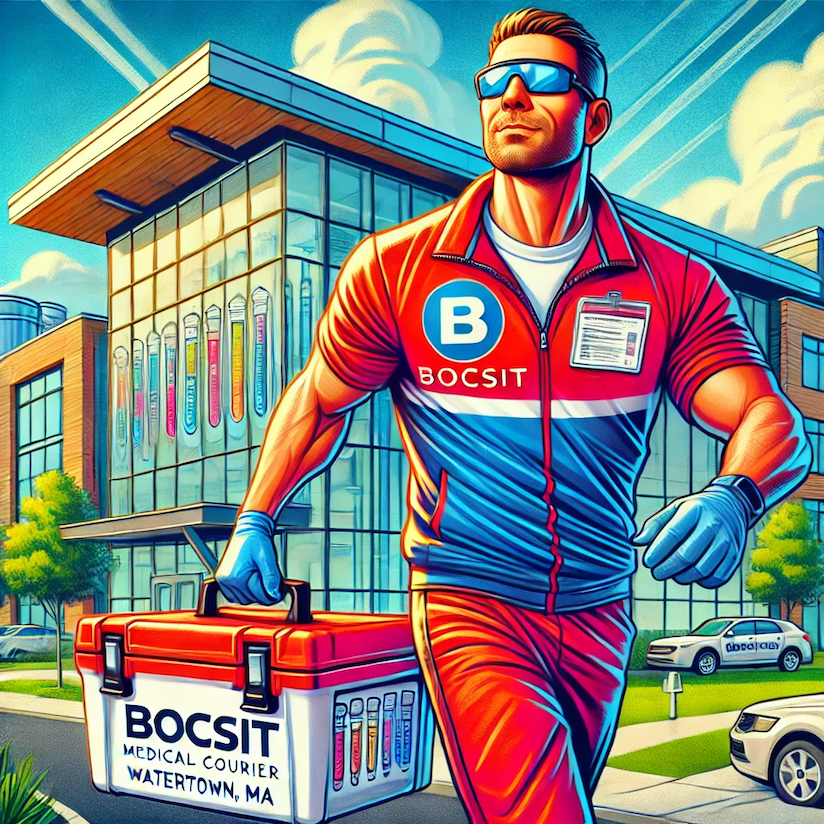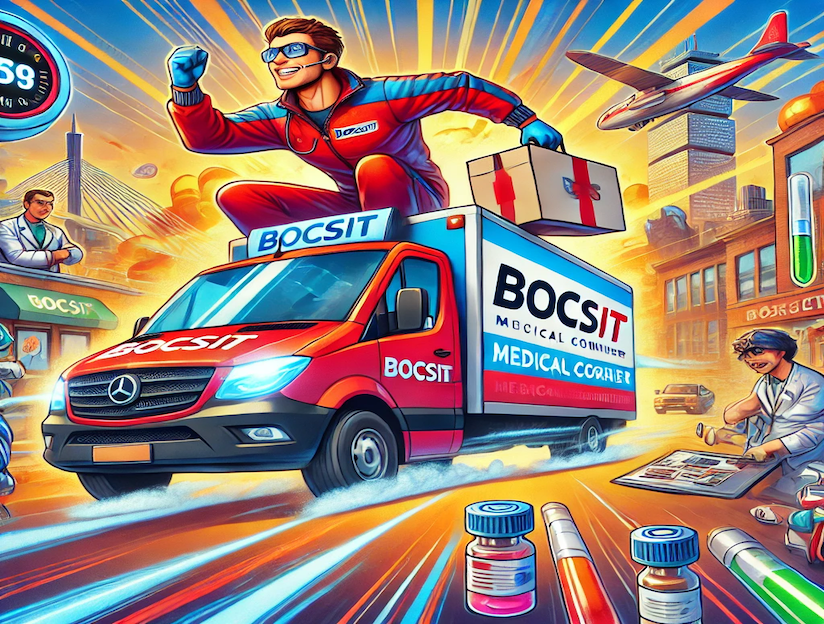Reducing Environmental Impact: Green Initiatives in Medical Delivery

In the face of climate change, every sector is re-evaluating its practices to reduce environmental impact, and the medical delivery industry is no exception. With a growing awareness of sustainability issues, healthcare providers and delivery services are adopting green initiatives to contribute to a healthier planet. This blog explores innovative strategies and practices being implemented in the medical delivery field to minimize ecological footprints while ensuring efficient patient care.
Eco-Friendly Packaging Solutions
One of the most significant changes in the medical delivery industry is the shift towards sustainable packaging. Traditional medical packaging, often made from single-use plastics, contributes significantly to waste. Eco-friendly alternatives, such as biodegradable, compostable, and recyclable materials, are now being used to reduce waste and lower carbon footprints. Companies are also adopting minimalist packaging designs, reducing the materials used without compromising the safety and integrity of medical supplies.
Electric and Hybrid Delivery Vehicles
The transition to electric and hybrid vehicles is a pivotal green initiative within the medical delivery sector. These vehicles emit fewer greenhouse gases and pollutants compared to traditional gasoline-powered vehicles, making them an environmentally friendly alternative for transportation. Several medical delivery companies are incorporating electric vans and bikes into their fleets, significantly reducing their carbon emissions and setting a precedent for sustainable practices in the industry.
Optimized Routing and Delivery Schedules
Advancements in technology have enabled more efficient routing and scheduling for deliveries, reducing unnecessary travel and thus lowering fuel consumption. GPS and route optimization software allow for the planning of the shortest and most efficient routes, minimizing the time vehicles spend on the road. Additionally, some services are consolidating deliveries to decrease the number of trips required, further cutting down on emissions.
Solar-Powered Facilities
To reduce the reliance on fossil fuels, some medical delivery companies are turning to solar power for their storage and processing facilities. Solar panels generate renewable energy, significantly reducing electricity consumption from non-renewable sources and lowering operational carbon footprints. This initiative not only promotes sustainability but also results in long-term cost savings for the companies.
Education and Partnerships for Sustainability
Education plays a crucial role in the success of green initiatives. Medical delivery companies are investing in training for their employees on sustainability practices, emphasizing the importance of individual actions in achieving broader environmental goals. Furthermore, partnerships between medical delivery services, healthcare providers, and environmental organizations are fostering a collaborative approach to sustainability, sharing knowledge, resources, and best practices to amplify the impact of green initiatives.
The Road Ahead
The adoption of green initiatives in medical delivery is a promising step towards sustainability within the healthcare sector. By prioritizing eco-friendly packaging, embracing electric and hybrid vehicles, optimizing delivery routes, investing in solar power, and fostering education and partnerships, the industry is setting a precedent for environmental responsibility. As technology advances and societal awareness grows, these practices are expected to evolve further, leading to even more innovative solutions for reducing the environmental impact of medical deliveries.
The commitment to green initiatives in medical delivery not only addresses environmental concerns but also enhances the efficiency and effectiveness of healthcare services, demonstrating that it is possible to care for both people and the planet simultaneously.


















